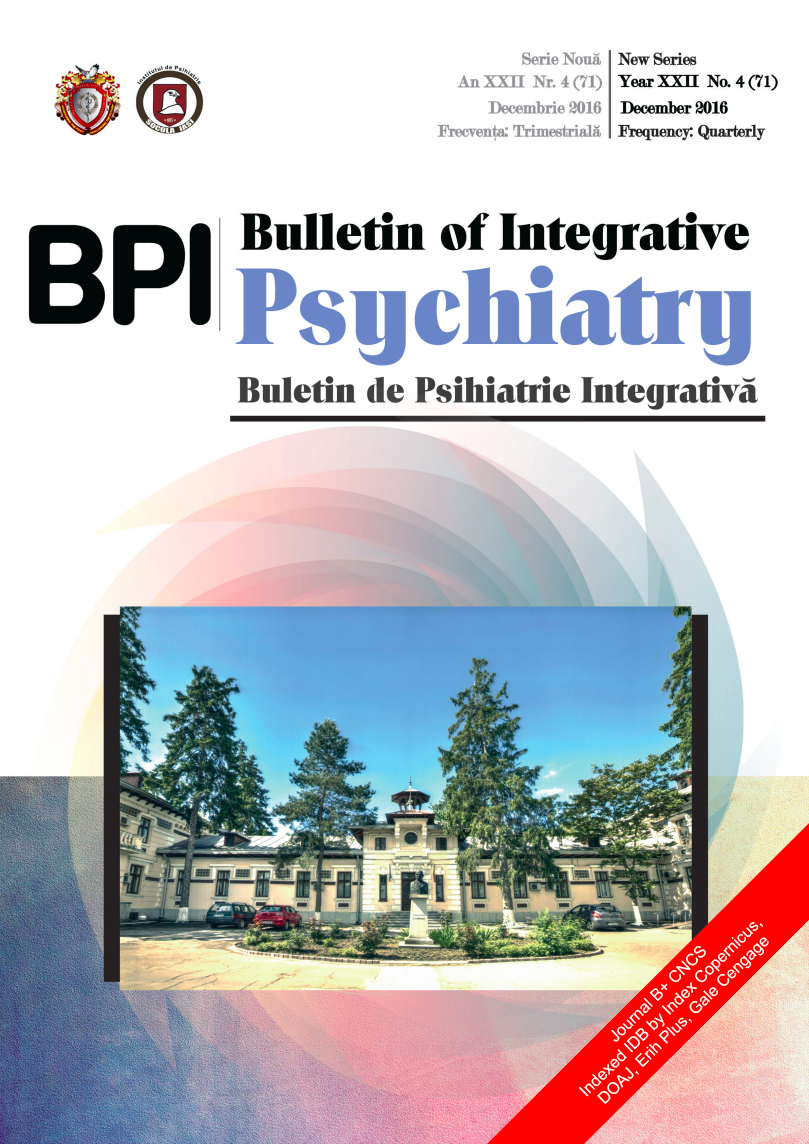Is exercising relevant for some therapeutical approaches in anxiety and depression?
Is exercising relevant for some therapeutical approaches in anxiety and depression?
Author(s): Andrei Ciobîcă, Cezar HONCERIU, Alin Ciobîcă, Romeo P. DOBRIN, Petruț-Florin Trofin, Daniel TimofteSubject(s): Social Sciences, Psychology
Published by: Editura Sedcom Libris Iasi
Keywords: anxiety; depression; exercising
Summary/Abstract: Anxiety is a common mental health problem, with an increased number of patients reporting that they are frequently experiencing anxiety, while also depression is an important mental health problem that causes substantial morbidity and is estimated to cover an immense financial cost worldwide. Although there are relatively few studies that explore the influence of strength training on symptoms of anxiety and depression, lately there is an increased interest in understanding the association between these aspects. Thus, exercising is an attractive alternative because of the low cost, the largely positive side effects and the proven effectiveness. We are showing in this mini-review that under both single-session and long-term training conditions, resistance exercise is producing important anxiolytic effects in a variety of populations and species. However, most studies are suggesting that the effects of resistance training on anxiety are moderated by exercise intensity, with the most important decrease observed at low-to-moderate intensities. Also, attention is needed when setting the intensity, as too low intensity is unlikely to produce any anxiolytic effect. Moreover, future research will be also necessary to translate these effects to a broader clinical environment. However, enough data already exists to begin making recommendations for the exact design and immediate implementation of resistance exercise-based treatments for anxiety patients. Regarding depression, there are also an increased number of evidences stating that strength training alone is responsible for both large reductions in symptoms of depression among depressed patients and for moderate reductions of depression symptoms in individuals without a clinical diagnose of depression.
Journal: Buletin de Psihiatrie Integrativa
- Issue Year: 71/2016
- Issue No: 4
- Page Range: 60-69
- Page Count: 10
- Language: English

